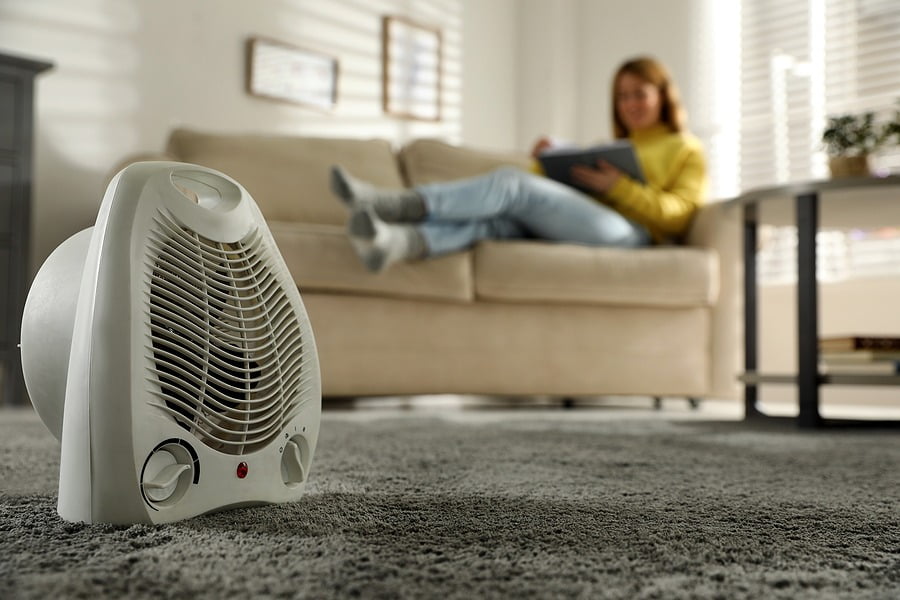After a long, wet winter and an equally sodden spring, the first hints of summer are finally with us. The days are warmer, it’s dry at least some of the time, and the sun is high in the sky as the longest, lightest days of the year approach.
For anyone who has had issues with their heating, now might seem like a time to stop worrying about it. It won’t be needed for a few months, so you might feel you can postpone worrying about it for a while and enjoy the sunshine, spend more time outdoors and never feel cold indoors.
No Room For Complacency
This may be tempting if you have a warm air heater based in an office where the inside will be warmer in summer. This may be even more the case in a public building where people may move around more, such as a pub or church, where more activities may take place outdoors when the sun is shining.
Understandable though this may be, the best time to call in local warm air heating engineers is during these warm months. It is not just the roof that should be fixed when the sun shines; by doing it now you don’t have to wait for anyone to feel cold before you take action.
Moreover, just as with boiler maintenance, engineers will be much more busy and free to fix appointments now than they would be in winter, when they will be busy attending to urgent cases where heaters have stopped working.
Common Warm Air Heater Issues
Our engineers specialise in fixing Johnson & Starley heaters. As experts across the country know, several things can commonly go wrong with them.
Among the most regular of these is a failure of the air circulation fan. This can be clogged with dust, which means it can be fixed by cleaning it, but these components also decline with age, so in many cases the simplest solution is to replace the fan altogether.
Pilot light failures are another very common issue. Usually when the light goes out it will not turn on again. The most likely cause of this is a faulty thermocouple, a semiconductor that regulates the flow of gas. If this is the root of the problem, the answer is to fit a new thermocouple.
Other instances of problems solved by new components being fitted include failures of the main burner in the non-system E-T version of the heaters, caused by a faulty relay module that needs replacing. In the System E-T version, the electronic control panel has a variety of potential points of failure, meaning these often need replacing.
In other instances, such as A Thermista-stat failure, there may be a wiring issue that can be fixed by reversing the two wire connections it uses.
Why You Need A Skilled Engineer On The Job
This lengthy list of potential problems is, of course, far from mutually exclusive. The manufacturer itself offers a five-year warranty, so it is reasonable to expect problems to be unusual in the early years, but over time things can go wrong and there is no reason to assume it will be just one thing causing problems.
For that reason, it is important to have a skilled and experienced engineer come and look at your heater if it is experiencing any problems. It would be easy to simply put its issues down to one fault when there may be several to deal with. That could lead to a problem apparently being resolved, only for a new failure to emerge thereafter.
A good engineer will thoroughly inspect the unit to establish how it is performing, ensuring not only that faulty or worn parts are replaced and others given necessary maintenance, but also checking for – and ruling out – other problems that may be lurking.
This way, you can be sure every issue has been identified and tackled, so your heater should work well for a long time to come without any other malfunctions.
By doing all this in summer, you can be sure the engineer will be able to come at a convenient time, while they won’t have run out of replacement parts for any faulty component due to having dealt with a plethora of call-outs that leads to a shortage of the necessary items.
None of that means you shouldn’t relax and enjoy the summer, or the reduced bills that come from not having to run a heater while the weather is warm (although this may have to be counterbalanced by the use of air conditioning). It simply means that a little time spent focusing on your heater now can save a scramble to fix it later in the year.

